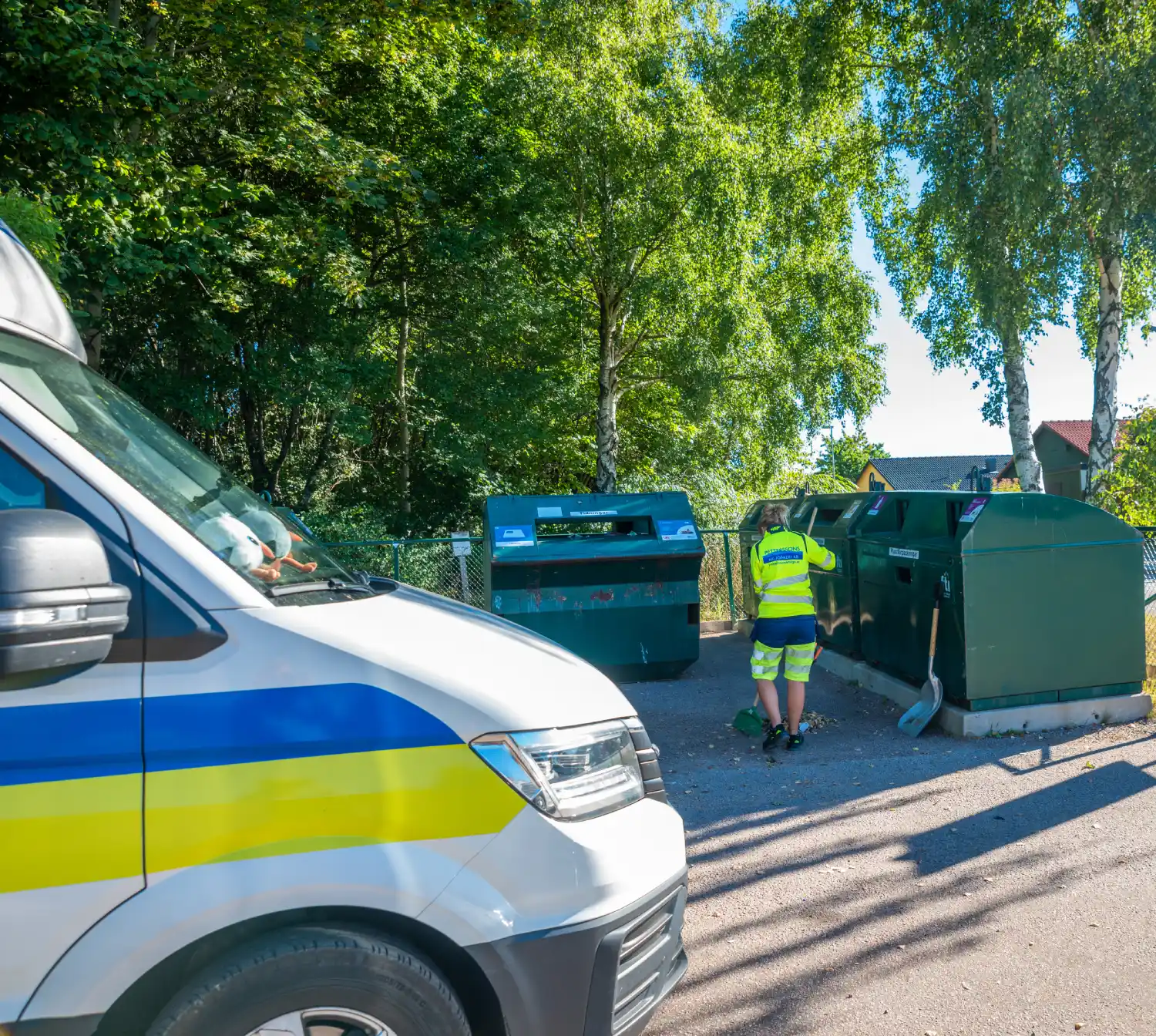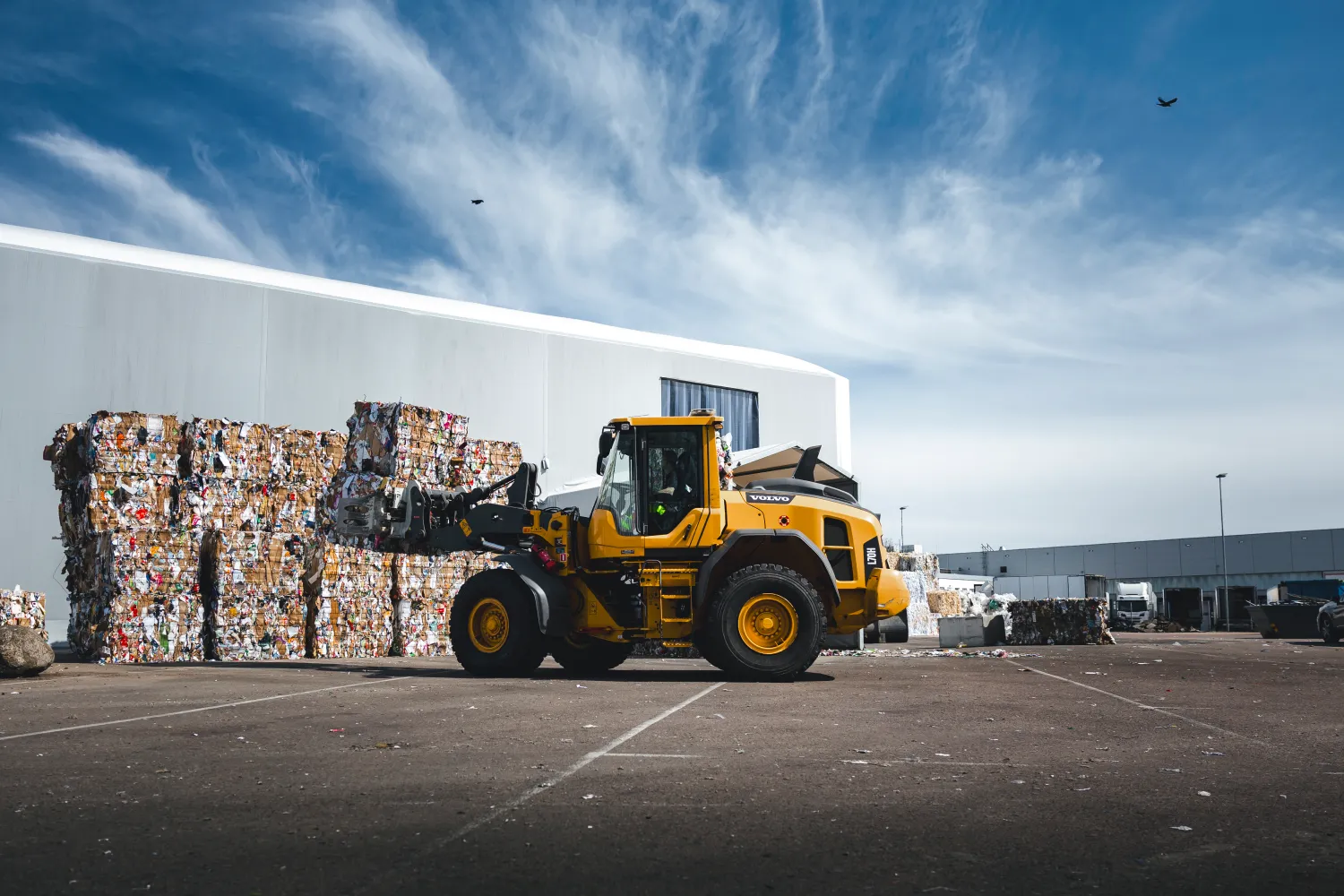Sweden is widely known as an international leader in sustainable residing and recycling. With a recycling rate of over 99%, the country has collection an ambitious common for waste management. But, achieving such achievement is not any little feat. Organizing recycling attempts across Sweden's 290 municipal areas involves elaborate control, advanced systems, and neighborhood participation. This article requires a sooner search at how Sweden has successfully structured their municipal Recycling (Återvinning) methods and the key statistics underpinning their achievements.
The Position of Municipalities in Recycling
Sweden's decentralized spend management program places a significant amount of responsibility on municipal authorities. Each municipality is tasked with arranging, obtaining, and disposing of house waste, ensuring it complies with national recycling laws. Municipalities work in control with national agencies to generally meet sustainability objectives and provide cost-efficient waste administration solutions.

New information shows that about 50% of house waste in Sweden is recycled, while the others is used for power healing through incineration. One of the best challenges municipalities experience is making recycling accessible and convenient for residents across urban, suburban, and rural areas. To handle this, municipalities create well-distributed recycling stores, introduce curbside series programs, and present drop-off factors for certain waste categories, such as for instance paper, materials, pockets, and hazardous materials.
Sophisticated Systems Driving Recycling Efficiency
Technology plays an essential role in facilitating Sweden's municipal recycling efforts. Data from waste administration studies shows an increasing use of AI-powered waste selecting facilities, which streamline the procedure of separating recyclable materials from standard waste. Computerized programs at recycling centers recognize materials like glass, plastic, and material with remarkable precision, reducing handbook job and increasing the general recycling rate.
Additionally, municipalities are utilizing wise bins built with devices that check spend levels. These bins permit more efficient collection schedules, reducing energy usage and carbon emissions connected with waste transportation.
Community Involvement and Consciousness
Statistics reveal that over 85% of Swedes definitely take part in recycling attempts, attributing this amount of involvement to efficient neighborhood outreach and training initiatives. Municipalities perform typical attention campaigns to share with residents about recycling guidelines, while schools combine environmental training within their curriculum to foster eco-conscious behaviors from the young age.

Notably, nearly 60% of residents report that easy use of recycling stations motivates them to recycle consistently. Municipalities keep on to target on comfort and user-friendly infrastructure to keep and enhance community participation.
A Product Price Replicating
Sweden's prepared recycling attempts demonstrate how municipalities, technologies, and community action may come together to accomplish exemplary results. By ensuring availability, fostering public proposal, and leveraging technical breakthroughs, Sweden has generated a blueprint for sustainable spend administration that different nations will look to for inspiration.
